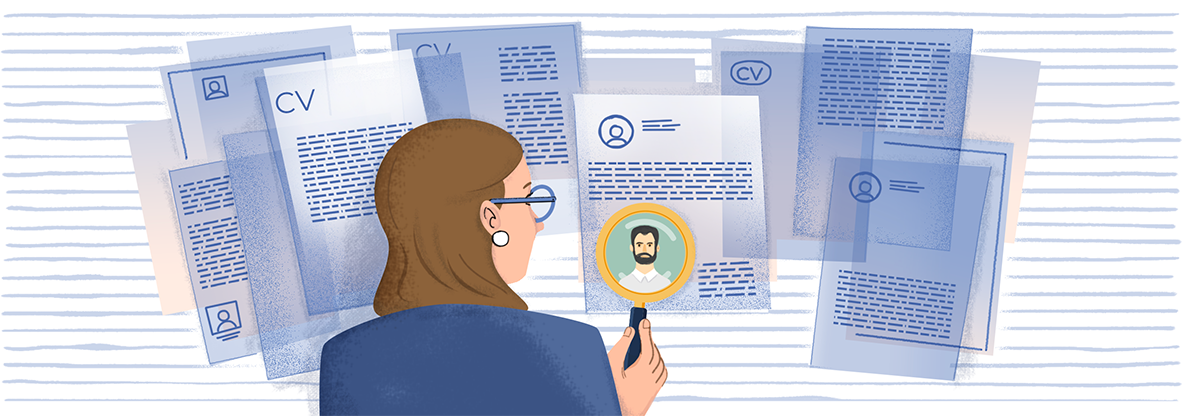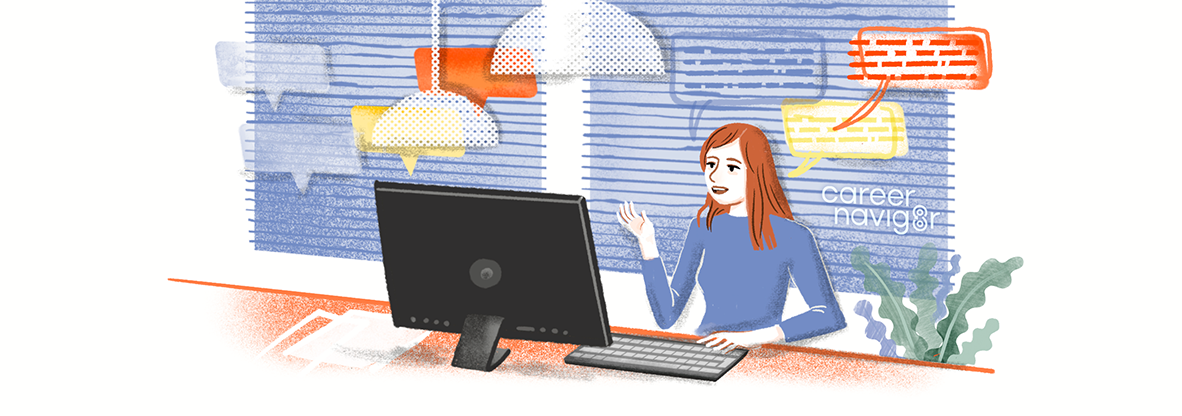Three Common Job Application Mistakes

Nine times out of ten, job application mistakes are the difference between success and failure. Good CVs can be ruined by common mistakes while job interview blunders can come between ideal candidates and the roles they’re eager to fill.
So let’s talk about the three most common job application mistakes, why people make them, and what you can do to avoid them.
Rushing Your Application
Being between jobs is never easy. When looking for a position many people make the mistake of quantity over quality, applying for as many jobs as they can in the hope that someone will bite.
While it is important to send out lots of applications, it’s far more important to make sure you’re taking the time to send high quality applications that are properly tailored to the roles you’re applying for. Even just one well tailored application every day is far more likely to get you a job than five rushed ones.
Why? Well, not only can rushing your application lead to cover letter and CV mistakes, it also tends to show. Rushed applications, even when professionally presented, rarely have the focus and detail they need for the job in question. They tend to be generic, focusing more on broad skills that could apply to any role than the specific ones that will make you perfect for this specific job.
Underselling Yourself
A job application is an advert and even if advertising isn’t your field of expertise, now’s the time to learn.
When writing CVs and cover letters, many people let imposter syndrome come between them and their pitch. This is especially true for young professionals applying for their first few roles.
Young professionals often think they have to be the perfect candidate before applying for a job. They look at their own CV and see all the missed opportunities and experience they wish they had. They become demotivated believing that nobody will hire them anyway, so it’s not worth taking the time to dress up the skills they do have. Even worse, some don’t realise they have skills at all, dismissing their talents as commonplace.
In practice, very few job listings ever find the perfect candidate. In fact, many companies ultimately end up hiring people who don’t quite meet the listed requirements simply because they need to fill the job. Companies don’t like paying to train new staff but they will where they have to.
So when making your applications remember to draw attention to every skill you have. Think about previous jobs you’ve worked, work experience—or even projects you’ve done while in education if you need to—and break down the exact skills you used.
Did you communicate clearly? Did you work as part of a team? Did you have to interact with the public?
Try to avoid cliches where possible but always make sure to detail what you’ve learned from the previous roles you’ve worked.
Job Interview Blunders
For many, the most stressful part of the application process is the job interview. It’s a face to face meeting. You don’t have time to go and prepare answers to unexpected questions. It’s a high pressure environment where you feel like any mistake you make will leave a lasting impression and that all of your time, effort, and hard work could be bungled in an instant.
If that’s how you feel when going into a job interview, then now’s the time to take a deep breath and relax. Job interviews don’t need to be as stressful as you think they are—not if you know the basics of interview etiquette.
When you go into a job interview, they usually want to verify three things. First, they want to confirm that you are the person your CV listed—you have the skills and the knowledge that you claimed. Secondly, they’ll want to know that you have some basic common sense. They’ll ask you a handful of generic interview questions, all of which should be easier to answer so long as you’ve prepared properly. Thirdly—and for many most stressfully—they’ll want to know that you’re a good personality fit.
Let’s talk about the last of these first because it’s often the one people struggle with the most. You can’t prepare for personality. You can’t google “top ten smiles to make your new boss like you” and spend an hour standing in front of the mirror practising. Well, actually you can but all you’ll end up with is a wasted afternoon and a bad case of face ache.
The truth is that your personality is yours. You can control how you present it and you can practise your social skills, but at the end of the day some people just don’t click and that’s okay. While it might be hard to accept, this is a problem outside of your hands. If you and your interviewer don’t get along then, in the long run, you’re both better off not working together. Better to move on and find someone who’ll appreciate working with you.
On the other hand, there’s one problem you absolutely can prepare for and that’s those pesky questions.
Job interview questions tend to fall into two camps: questions about the company and questions about you. Answering questions about yourself should be fairly easy—especially if you’ve recently written your CV. All you have to do is speak positively and honestly about you and your work experience.
Don’t be negative about previous employers—this is almost universally a bad look—and don’t feel you have to exaggerate. They’ve seen your CV and they liked it. All you have to do here is prove that you really are the person on that CV.
Questions about the company can be a little more challenging—at least if you haven’t taken the time to prep that is. Every job interview will expect you to google the company beforehand. You don’t have to be an expert—unless that is part of the role—but you do have to know who they are, what they do, what their brand is, and any basic information that would come up on the front of Google.
This isn’t a memory test so don’t worry about perfect recall. Just make it clear that you really did spend a decent chunk of time prepping for this interview by learning about the company.


